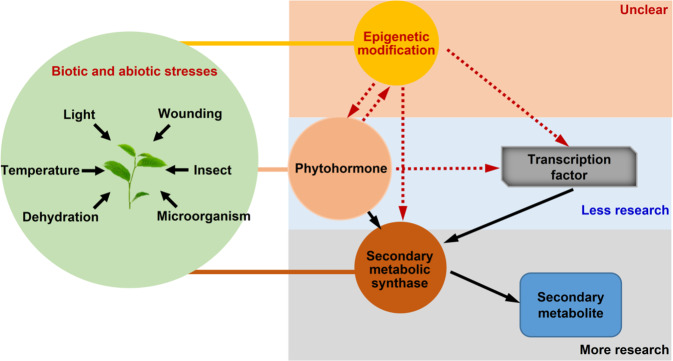Fig. 1. Study on secondary metabolism of tea plants under stress response.
As tea is a nonmodel plant species that lacks a well-established genetic transformation system, there has been relatively little epigenetic-related research on this plant. Thus, researchers are faced with many challenges when conducting epigenetic studies on the regulation of secondary metabolism in tea. For example, it is unclear how to verify whether epigenetics is involved in the regulation of secondary metabolism in tea and what the main epigenetic factors involved in the regulation are. In this review, we explore research strategies for investigating the epigenetic control of secondary metabolism in tea on the basis of the genetic characteristics of these plants, focusing on the following two major epigenetic modifications as examples: DNA methylation and histone deacetylation. First, we review epigenetic regulation of plant secondary metabolism and explore the possibility that DNA methylation and histone acetylation are involved in the upstream regulation of key genes of tea quality-related metabolites in tea induced by stress. Second, possible regulatory patterns of DNA methylation and histone acetylation are summarized. Third, a feasible strategy for studying epigenetic regulation of plant secondary metabolism in tea is proposed. The main objective of this review is to summarize research strategies for studying the epigenetic regulation of tea secondary metabolism and providing key epigenetic factors that can be used for future tea genetic breeding.

